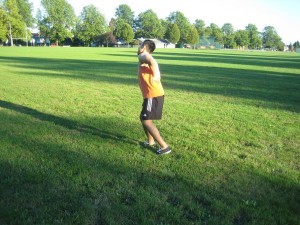Acute kidney injury is defined as abrupt damage to the kidneys which leads to dysfunction. It can range from minimal loss of function to full failure of the organ.
https://www.youtube.com/watch?v=6i6UKQjGJJs
The condition typically occurs as a complication of other serious ailments. It is important to note that this form of damage is usually seen among the elderly who are sick with other conditions and the kidneys are also affected.
It is vital that the condition is detected early and promptly treated. If treatment is delayed, irregular levels of salts and chemicals can buildup in the body that disrupts with the capability of the organs to function properly. Once the kidneys cease to function entirely, there is a need for brief support from a dialysis or can lead to death.
What are the signs?
In the initial phases of acute kidney injury, there are no symptoms present. The only potential warning might be reduced urine, but this is not always the case.

An individual with the injury can rapidly and suddenly deteriorate and have the following symptoms:
- Dehydration
- Nausea and vomiting
- Confusion
- Abdominal pain
- High blood pressure
- Slight back pain
- Build-up of fluid in the body (edema)
Even if the condition will not progress to complete kidney failure, it must be taken seriously. Remember that it influences the entire body, alters how some drugs are taken in and can even worsen some existing conditions.
Who are at risk?
If the following are factors are present, the risk for ending up with acute kidney injury is high:
- Elderly, usually 65 or over
- Existing kidney conditions such as chronic kidney disease
- Long-term ailment such as diabetes, heart failure or liver disease
- Dehydration
- Presence of blockage in the urinary tract
- Severe infection or sepsis
- Using certain drugs such as non-steroidal anti-inflammatory drugs (NSAIDs) or blood pressure medications such as diuretics or ACE inhibitors
Taking aminoglycosides which is a form of antibiotic

